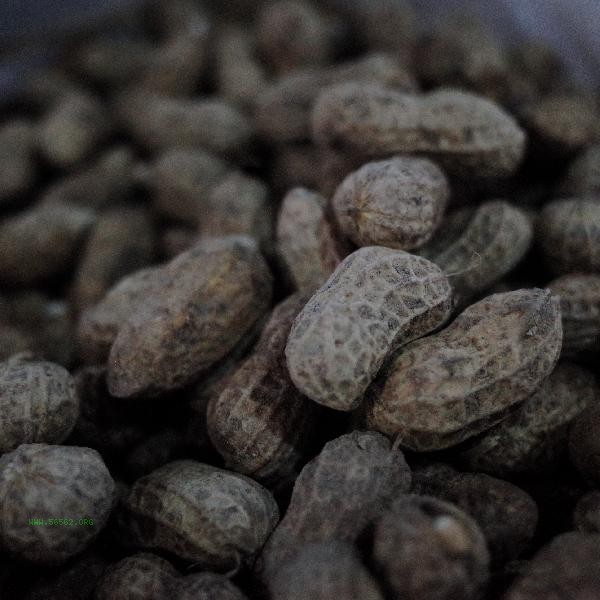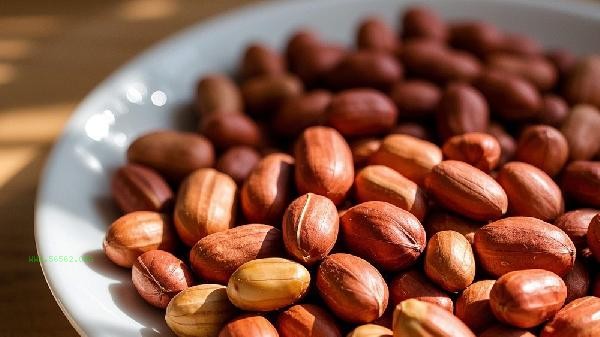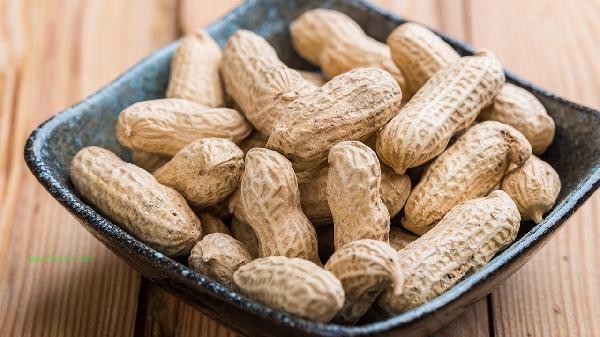The small black worms in peanuts may be storage pests such as Indian corn borer or tobacco beetle, which can be treated by freezing, sun exposure, sealed storage, pepper deworming, and timely cleaning.

1. Freeze insecticidal
Put peanuts that are infested with insects into sealed bags and place them in the freezer compartment of the refrigerator. Low temperature can effectively kill the eggs and larvae. The freezing temperature should be below minus 18 degrees Celsius and last for more than 48 hours to ensure insecticidal effect. After processing, the taste of peanuts has slightly changed, but the loss of nutrients is relatively small, making it suitable for consumption in a short period of time.
2. Exposure to sunlight for deworming
Choose sunny days to spread out peanuts and expose them to sunlight for 4-6 hours. Ultraviolet radiation and high temperatures can cause adult insects to escape and their eggs to dehydrate and die. After exposure to sunlight, it is necessary to filter insect carcasses and impurities with a sieve. This method is suitable for dry climate areas, as humid environments may reduce its effectiveness. Be careful to avoid prolonged exposure to sunlight that can cause peanut oxidation and spoilage.
3. Sealed isolation
Use food grade sealed cans or vacuum bags to store peanuts and block pest contact routes. It can be combined with food desiccants to reduce humidity, and natural insect repellent materials such as Sichuan pepper and garlic can be placed around the container. This method focuses on prevention, and peanuts that have already been infested with insects need to be disinfected before sealing.

4. Sichuan pepper pest control
The volatile oil components in Sichuan pepper have a repellent effect on storage pests. Mix the Sichuan pepper granules wrapped in gauze directly into the peanuts, using 15-20 granules per kilogram of peanuts. Regular replacement of Sichuan peppercorns is necessary to ensure odor concentration. This method is environmentally friendly and safe, but the effect is slow and suitable for preventing mild pest infestations.
5. Timely Cleaning
If pests are found, the spoiled peanuts should be immediately screened out, and the insect eggs in the gaps of the storage cabinet should be cleaned with a vacuum cleaner. Adjacent unopened food should be checked for cross infection, and the storage space can be disinfected by wiping with white vinegar. Keep the environment dry and ventilated, and it is recommended to store grains in small portions to reduce the number of times they are opened.

To prevent peanut infestation, attention should be paid to controlling the temperature and humidity of the storage environment. It is recommended to store peanuts in a cool and dry place and avoid mixing them with insect prone ingredients such as rice and flour. When purchasing, choose vacuum packaged products and consume them as soon as possible after opening. If the pest infestation is severe or mold is found, the whole batch should be discarded and inedible. Moldy peanuts may produce aflatoxin, which is harmful to health. Regularly inspecting storage cabinets and using natural insect repellents such as diatomaceous earth can reduce the probability of pest infestation.









Comments (0)
Leave a Comment
No comments yet
Be the first to share your thoughts!